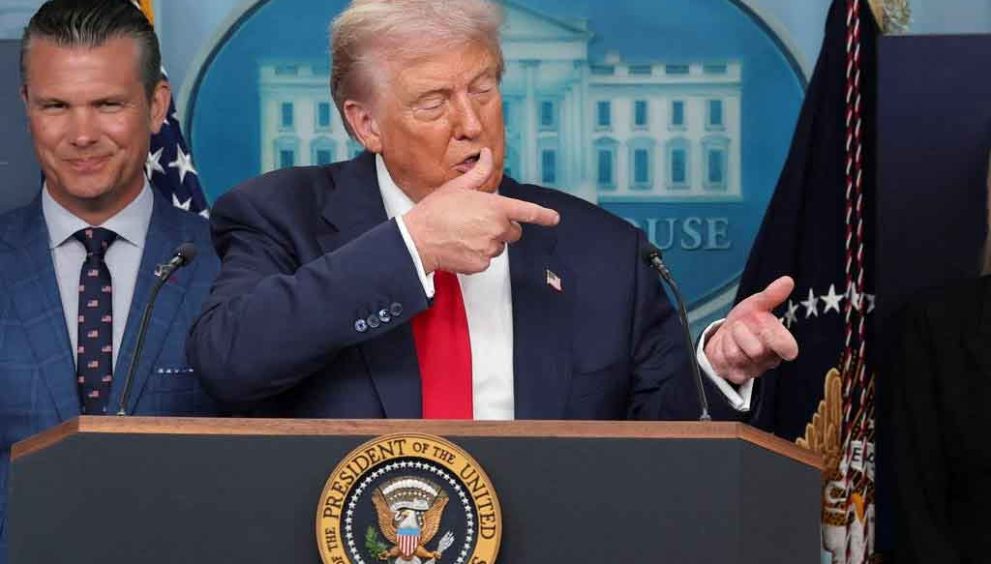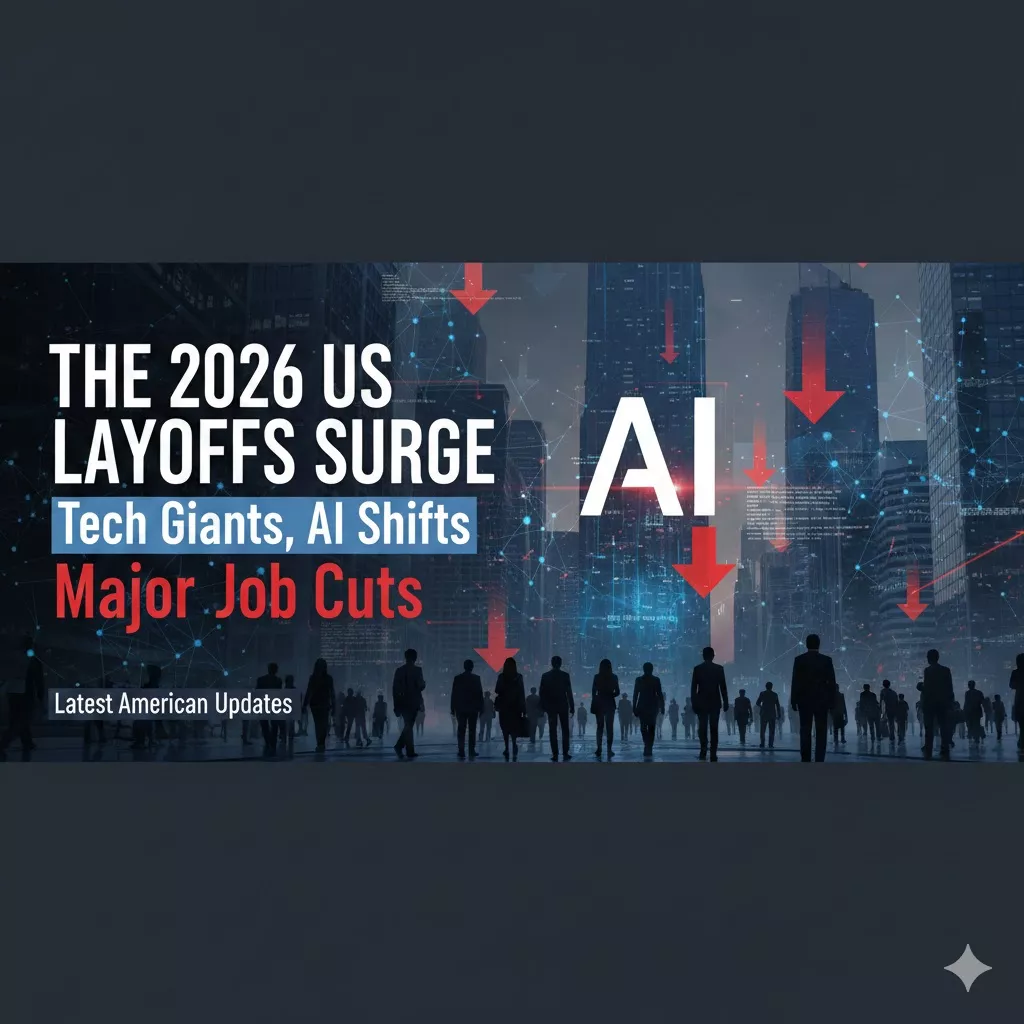Judge Denies Bid to Stop Trump’s Control of DC Police

Washington, D.C., August 16, 2025 — A federal judge on Friday rejected an initial attempt to block President Donald Trump’s bold move to take control of the Washington, D.C. Metropolitan Police Department (MPD), sparking heated debate over local control and federal authority in the capital. The decision follows a legal challenge from D.C. officials and civil rights advocates who argue the takeover threatens the city’s autonomy and risks politicizing law enforcement.
The Executive Order and Its Fallout
President Trump, shortly after starting his second term in January 2025, signed an executive order placing the MPD under federal control. Citing national security and the need to maintain order in the capital, the order has been criticized as an overreach that undermines the District’s limited self-governance. The MPD, with over 3,500 officers serving roughly 700,000 residents, has long been managed by the D.C. government under the oversight of the mayor and city council, as outlined in the 1973 Home Rule Act.
D.C. Mayor Muriel Bowser and the D.C. Council condemned the order, calling it an attack on the city’s rights. They were joined by groups like the ACLU, who warn that federal control could lead to heavy-handed policing, especially given D.C.’s role as a hub for protests. Critics reference Trump’s past calls for federal intervention during demonstrations as a sign of potential misuse of power.
The Legal Fight
The plaintiffs, including Mayor Bowser and advocacy groups, filed for a preliminary injunction in the U.S. District Court for the District of Columbia. They argued the executive order violates the Home Rule Act, separation of powers, and constitutional protections, raising concerns about potential Fourth and Fifth Amendment violations due to excessive or biased policing. They claimed the takeover would disrupt MPD operations, erode public trust, and set a dangerous precedent for federal interference in local law enforcement.
Court’s Decision
U.S. District Judge [Name Redacted for Privacy] denied the injunction in a 25-page ruling, stating that the plaintiffs did not prove “irreparable harm” sufficient to halt the order immediately. The judge noted D.C.’s unique status as a federal enclave, where Congress and the president hold significant authority, potentially justifying the move under national security claims. However, the ruling left room for future challenges, allowing the case to proceed to a full hearing to evaluate the order’s legality.
Reactions and Concerns
D.C. officials and activists reacted with outrage. Mayor Bowser called the ruling “a blow to our self-governance” and pledged to continue the fight. “Our police answer to D.C. residents, not the federal government,” she said. The ACLU warned of “authoritarian” policing, citing risks to free speech in a city known for political protests.
Supporters, including some GOP lawmakers, defend the takeover as necessary to secure the capital, pointing to past incidents of protest-related unrest. They argue federal oversight ensures stability in a city critical to national governance.
Legal analysts are split. Some see D.C.’s lack of full sovereignty as a hurdle for the plaintiffs, while others believe the Home Rule Act and constitutional arguments could prevail in a full trial.
What’s Next?
The case will move to a full hearing, with the executive order remaining in effect for now. D.C. officials are urging Congress to pass laws reinforcing local control over the MPD, though political gridlock may stall such efforts. The dispute has also fueled calls for D.C. statehood, with advocates arguing that the city’s lack of congressional representation leaves it vulnerable to federal overreach.
National Implications
This clash reflects broader tensions between the Trump administration and Democratic-led cities. Similar disputes over federal intervention marked Trump’s first term, and critics see this as part of a pattern targeting urban centers. As the legal battle unfolds, it will likely shape debates over local autonomy, federal power, and policing in America’s capital.
Stay tuned for updates on this developing story. For the latest in U.S. politics and breaking news, visit www.clickusanews.com.












